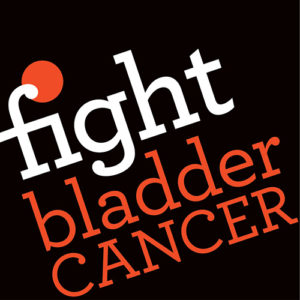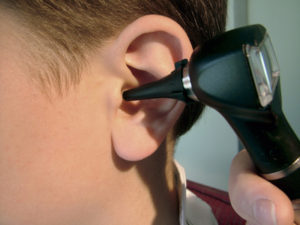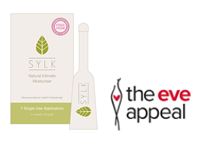
Summer is certainly closing in and with it the allure of barbeques, pub gardens and, of course, glorious sunny days. While we like those sun-soaked days as much as the next person, it’s important to remember the adverse effects the sun can have on your skin. This week is Sun Awareness Week and there’s no better time to remind everyone of the risks that come with this lovely weather.
In a recent survey from the British Association of Dermatologists (BAD), 84% of dermatologists think that people in the UK have an unhealthy relationship with tanning. A previous survey from BAD found that many people in the UK were aware of the risks of excessive sun exposure but, with skin cancer rates continuing to rise, it appears that behaviour in this hotter weather has not changed to reflect this.
In addition to this, a talkhealth survey found that 12% of respondents never bother applying sun protection, with the most common reasons for this being they don’t spend a lot of time in the sun, they don’t see the point, and some are even put off by the price.
Skin cancer is by far one of the most common cancers in the UK and this comes down to a combination of an older population in the UK as well as social and cultural which play a part, such as more affordable foreign holidays, use of sunbeds, and attitudes towards tanned skin.
Two-thirds of dermatologists (66 per cent) felt that their patients had a better understanding of the link between UV exposure and skin cancer than between UV exposure and skin ageing. However, one-third (34 per cent) felt that people who tan excessively are more likely to change their behaviour in response to warnings about skin ageing than about skin cancer, while only 10 per cent thought that the inverse was true. The remainder felt that both carried equal weight, or neither was influential.

As part of this new public health messaging campaign the BAD is launching The ‘Don’t Bake’ Bake, encouraging people to bake cakes, instead of their skin. The bake has been set up to help educate the public on best sun safety practices and how to spot the warning signs of skin cancer early, with take-home information available at every event venue. It was also set up to help raise funds for the BAD’s public facing skin disease prevention initiatives.
Bad have also included some hints and tips to help avoid adverse effects from the sun, and checking for skin cancer:
Sun protection tips:
- 1. Spend time in the shade during the sunniest part of the day when the sun is at its strongest, which is usually between 11am and 3pm in the summer months.
2. Avoid direct sun exposure for babies and very young children.
3. When it is not possible to limit your time in the sun, keeping yourself well covered, with a hat, T-shirt, and sunglasses, can give you additional protection.
4. Apply sunscreen liberally to exposed areas of skin. Re-apply every two hours and straight after swimming, sweating or towelling to maintain protection.
Checking for skin cancer:
There are two main types of skin cancer: non-melanoma, the most common, and melanoma, which is less common but more dangerous. The following ABCDE rules describe a few changes that might indicate a ‘melanoma’, which is the deadliest form of skin cancer. As skin cancers vary, you should tell your doctor about any changes to your skin, even if they are not like those mentioned here.
- Asymmetry – the two halves of the area may differ in shape or colour
Border – the edges of the area may be irregular or blurred, and sometimes show notches
Colour – this may be uneven. Several different shades of black, brown and pink may be seen
Diameter – most melanomas are at least 6mm in diameter. Report any change in size, shape or diameter to your doctor
Evolution – if you see progressive changes in size, shape or colour over weeks or a few months, you must seek Expert help.
If in doubt, check it out! If your GP is concerned about your skin, make sure you see a dermatologist. Your GP can refer you via the NHS.
If you want to explore more issues surrounding skin conditions and problems arising from this sunny weather, you can head over to our forums and continue the conversation.
The post Sun Awareness Week appeared first on talkhealth Blog.








